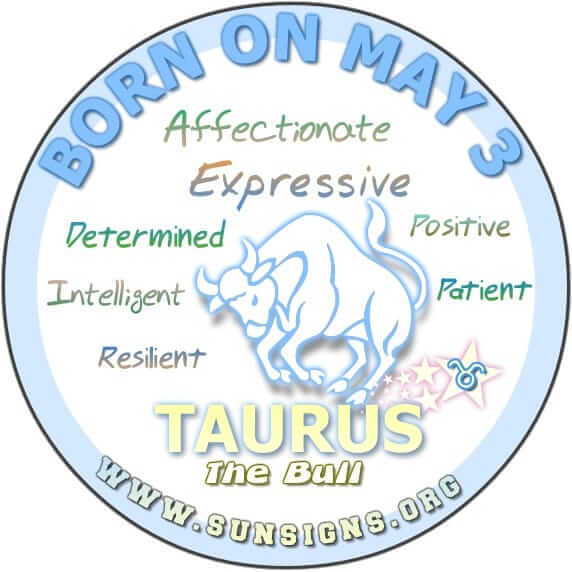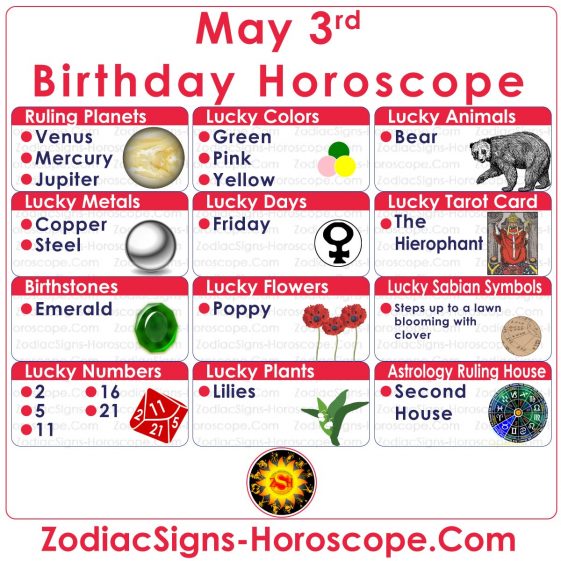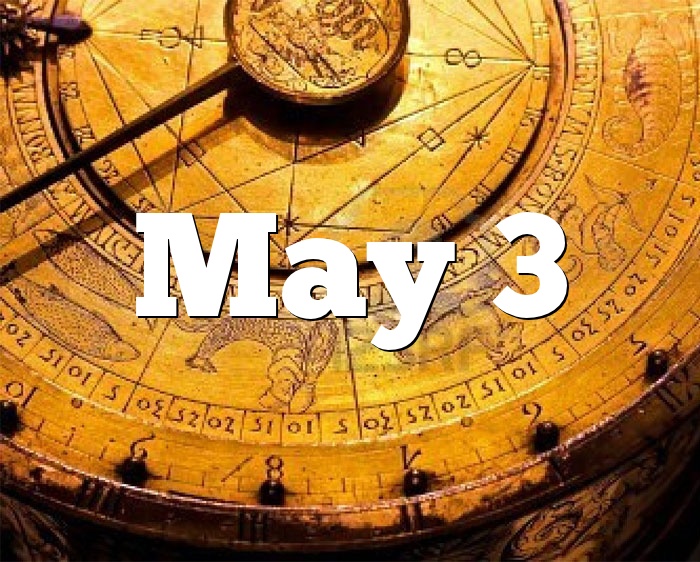Are we truly searching? The digital age has promised instant access to information, yet all too often, we encounter a frustrating barrier: "We did not find results for:" This seemingly simple phrase, coupled with the gentle prompt, "Check spelling or type a new query," is the digital equivalent of a slammed door, a frustrating roadblock on our quest for knowledge, a testament to the limitations of even the most sophisticated search algorithms, a subtle reminder of our own fallibility. The ubiquity of this message, the frequency with which it appears in our daily digital lives, highlights a fundamental disconnect between our expectations and the reality of information retrieval.
The "We did not find results for:" message is a Janus-faced entity. On one hand, it serves as a necessary filter, protecting us from a deluge of irrelevant and potentially harmful content. Its a signal of algorithmic precision, a sign that the system is actively trying to understand our intent. However, its also a statement of failure, a public acknowledgement that the digital engine, the supposed portal to all knowledge, has fallen short. It challenges our assumptions about the completeness of the digital realm and forces us to confront the complexities of information retrieval, reminding us that even with the most advanced technology, finding the precise answer to our question is not always guaranteed.
Let's examine the elements at play in a typical search query scenario. A user enters a query a collection of words, often imperfectly formed, expressing a need for information. This query is then processed by a search engine, which uses a complex set of algorithms to analyze the query, understand its intent, and match it against an index of billions of web pages. The search engine ranks these pages based on a multitude of factors, including relevance, authority, and popularity. The results are then presented to the user in a ranked list. When the result is "We did not find results for:", the entire process has broken down, signaling a failure at one or more of these critical stages. The failure can range from the query being too specific, the query being misunderstood, or the information simply not existing in a readily accessible digital form. The error message is not merely a dismissal; it's an invitation to reflect on the limitations of both the technology and the users approach.
- The Junko Furuta Case A Tragedy That Shook Japan
- Where To Watch Kannada Movies In 2025 Your Streaming Guide
The user's role is crucial. A poorly constructed query, riddled with typos or using overly complex jargon, can doom a search from the outset. Similarly, the user's understanding of the topic influences the search process. A lack of background knowledge makes it difficult to phrase the query effectively, leading to a cycle of trial and error. The user must learn to refine their queries, experimenting with different keywords, using advanced search operators, and strategically adjusting the level of detail. The ability to effectively articulate the information need is as important as the technology itself.
Consider the inherent complexities of language. Words are not simply containers of meaning; they are multifaceted, nuanced, and context-dependent. A single word can have multiple meanings, and the same concept can be expressed through countless variations of phrases. A search engine must navigate this semantic labyrinth, deciphering the subtle shades of meaning, accounting for regional variations in language, and interpreting the users intent even when the query is imprecise or ambiguous. The machine must somehow bridge the gap between human language and the binary logic of code. Its a formidable challenge, and its a task that underscores the limitations of current search technologies.
The "Check spelling or type a new query" prompt often accompanies the frustrating message. This simple suggestion is a call to action, a gentle nudge towards self-correction. It implicitly acknowledges the possibility of human error, the inevitable typos and misspellings that can sabotage even the most well-intentioned searches. It also hints at the importance of iterative refinement, of revisiting the query, and attempting different phrasings until the desired results are achieved. The prompt, in its polite simplicity, is a reminder of the shared responsibility in this digital dance of searching and retrieving.
- Bollywood Vs Hollywood Latest Movies Where To Watch Them Now
- Movierulz 2025 Risks Top Legal Alternatives You Need
But even perfectly spelled and well-phrased queries can fail. The information we seek may not exist in a readily accessible digital format. Perhaps it resides in a physical archive, a library, or a forgotten corner of the internet. Perhaps its locked behind a paywall or protected by copyright. Or perhaps the information simply hasn't been created, hasn't been documented, or hasn't been shared. The "We did not find results for:" message, in these cases, is not a failure of the search engine, but a reflection of the current state of knowledge itself.
Consider, too, the ever-evolving nature of information. The internet is a dynamic environment, constantly changing and shifting. Websites come and go, information is updated and revised, and new sources of information emerge at an astonishing rate. A search engine's index is a snapshot in time, and even the most comprehensive index is always catching up. Information that was readily available yesterday might be lost to the digital wilderness today. This creates a persistent challenge for search engines and emphasizes the importance of accessing archived content, historical databases, and other sources of information.
The "We did not find results for:" message, and its companion prompt, are not simply annoyances. They are valuable lessons, reminders of the complexity of knowledge and the limitations of technology. They are opportunities to refine our search skills, to sharpen our critical thinking, and to deepen our understanding of the information landscape. They encourage a more thoughtful and discerning approach to information seeking, urging us to be more precise in our queries, to be more patient in our searches, and to recognize that not all answers are readily available at our fingertips. They are, in their own frustrating way, a call to a more informed and nuanced perspective.
Beyond the individual user experience, the "We did not find results for:" message also has implications for broader societal issues. It highlights the digital divide, the gap between those who have access to information and those who do not. It underscores the importance of digital literacy, the skills and knowledge necessary to navigate the complexities of the digital world. It challenges us to think critically about the sources of information we consult, to evaluate their credibility, and to avoid falling prey to misinformation and disinformation. The message encourages a more critical and discerning approach to digital information.
Think about the implications for education. Students are increasingly reliant on search engines for research and learning. The message serves as a valuable prompt for students to refine their research skills, teaching them how to phrase precise queries, evaluate sources, and explore alternative search strategies when initial attempts fail. It is a reminder that the internet is not always the final authority.
For content creators, this message offers another kind of insight. It highlights the importance of effective content creation. Websites that are easily crawled and indexed by search engines are more likely to be found. Carefully considered keywords and informative and up-to-date content are key to improving visibility. Content creators must understand search engine optimization (SEO) techniques. The message points to the necessity of ensuring content is findable, that it is optimized for search algorithms, and that it meets user needs in the best possible way.
In conclusion, the phrase "We did not find results for:" is far more than a simple error message. It represents a complex interplay of technology, human behavior, and the evolving nature of information. It is a challenge, an invitation to learn, and a reminder that the quest for knowledge is often more challenging than it seems. It urges us to refine our search techniques, to deepen our critical thinking skills, and to acknowledge the inherent limitations of even the most sophisticated digital tools. It's a constant reminder that the path to information is not always straightforward, but it's a path worth exploring.
- Jeremy Allen White Height Net Worth More All You Need To Know
- Jackermans Mothers Warmth Ch 3 A Heartwarming Tale


